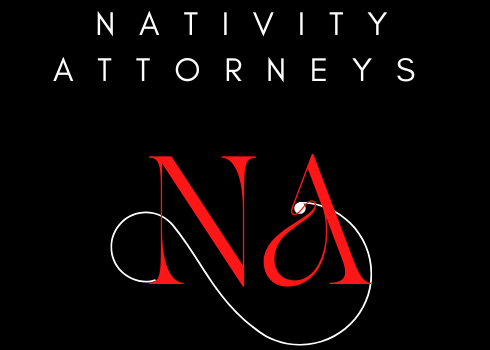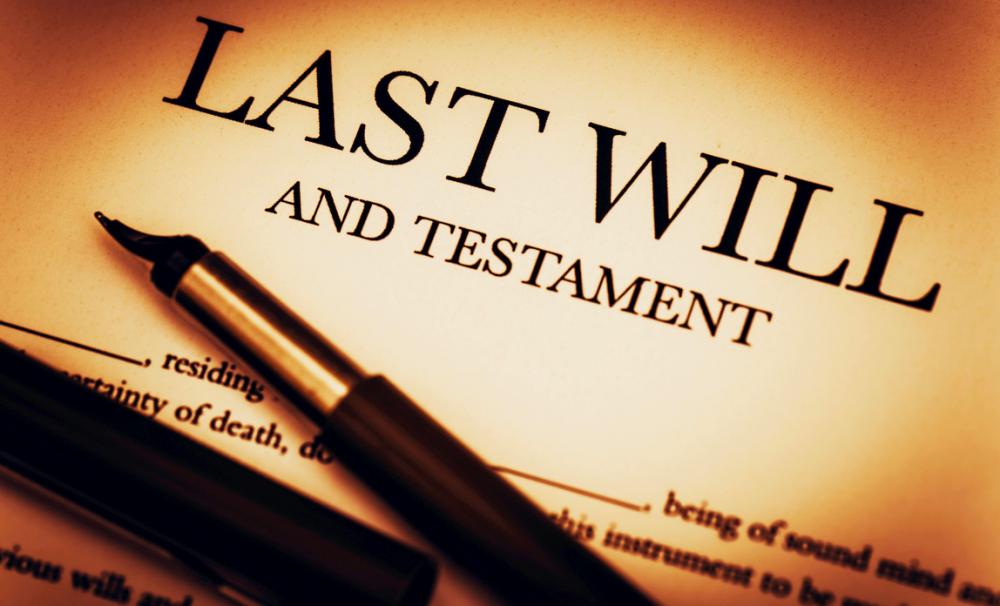Most people shy away from discussions centered around a Will. There seems to be a general notion that having a Will may leave a person vulnerable, exposed to danger or even lead to untimely death. This notion is wrong ab initio and the aim of this article is to confute this perception in order to enlighten members of the public on why it is essential to have a will.
A Will, also known as a Testament, is a legal document by which the devolution of a person’s (the testator) assets are clearly adumbrated. The testator has a right to state explicitly how he/she wants their assets to be shared or disposed of after his/her death. See Section 1 of the Wills Law of Lagos State. The Will expresses how a deceased person’s properties would be managed and the persons saddled with the responsibility of managing the estate.
Under Nigerian Law, two major types of Will are common, the oral and written. Oral wills are undocumented wishes of an individual made verbally and mostly recognized under native laws. On the other hand, written wills are regulated by statutes.
There are many reasons why having a will is essential, some have been identified below:
- Distribution of Assets. A Will makes it easy to distribute a deceased person’s properties because the assets sought to be distributed are clearly spelt out and erases any form of ambiguity.
- It helps to avoid unhealthy rivalry which leads to unnecessary court cases.
- Incidental matters such as funeral arrangements and how a burial should be done are taken care of.
- The usual bottlenecks associated with obtaining a letter of administration does not arise.
- A Will identifies the executors and beneficiaries.
Under Section 4, the following requirements for the execution of a will are listed:
- It must be in writing (typed or by hand)
- It must be signed by the testator
- There must be at least 2 witnesses present
- It must have named beneficiaries and what each person would get.
- There must be a property to be shared
- The testator must have a sound mind at the time of making the will
- A will must be voluntarily made
It is further provided under the law that any Will made by a person under the age of 18 is invalid. See Section 3.
A will may be challenged where fraud is detected or made under duress or signature is forged.
Written By: Nathalia Odidika-Esezobor
nathalia.odidika@gmail.com
https://www.linkedin.com/in/nathalia-odidika-esezobor-55a725a1
https://www.facebook.com/nathalia.odidikaesezobor
Twitter: Nat_Mediates
Instagram: Nativity Attorneys
The information provided in this article does not, and is not intended to, constitute legal advice. The content is for general informational purposes only. Readers of this Article should contact their lawyer to obtain advice with respect to any particular legal matter and if you donot have a lawyer, we will be willing to assist and guide you appropriately.

